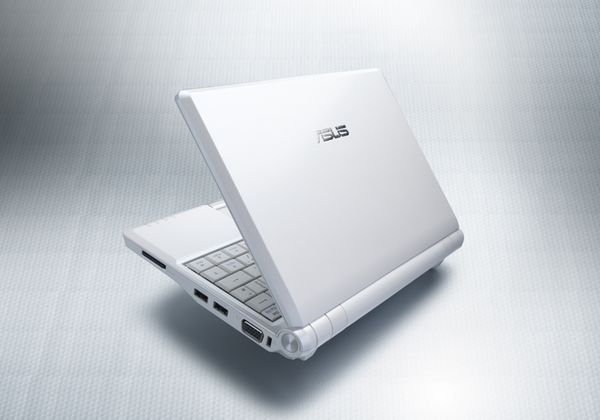
The netbook, whether it be an Asus Eee PC, MSI Wind, HP Mini Note, Acer Aspire One or Elonex One, has been an unrivalled success in a PC market that is otherwise under pressure.
But what value, if any, can be derived from one of these machines if it is not connected to an active network, or at the very least, to the internet?
In short, when outside of high-speed internet access range, they go from revolutionary to an oversized digital notepad.
The idea behind today's incarnation of the netbook is that consumers-on-the-go primarily use computers for email, to write documents, manage spreadsheets and surf the web. Not a problem if you are connected to a broadband connection, such as a home network, a university campus or an area with WiMax, the emerging high-speed wireless technology that can blanket entire cities.
Unconnected, the machine's usefulness is limited.
"I am convinced this class of products will sing when WiMax comes out," said Rob Enderle, principal analyst at The Enderle Group. "It kind of depends on ... being always connected. As a disconnected device, outside of email and word processing, it's not quite as interesting."
"It's more focused on the future than on the present."
Sign up today and you will receive a free copy of our Future Focus 2025 report - the leading guidance on AI, cybersecurity and other IT challenges as per 700+ senior executives
The latest in this genre is Dell's Inspiron Mini 9, a 900g machine with a 9in screen and integrated Wi-Fi. At 269-299 depending on whether you go for Linux or Windows, it is similar to the devices mentioned at the beginning of this article and others aiming at youngsters who prefer a full screen and keyboard to thumbing on smartphones.
"We think that price is ... affordable," said John Thode, a vice president at Dell. "We find that that is the right kind of price to encourage (the purchase of) second and third devices in a person's portfolio."
Dell's netbook is as light as Apple's MacBook Air, but smaller by about 10cm in screen size. The MacBook Air also boasts an 80GB 1.8in hard drive, and costs about 800 more.
"It (this category) could potentially be bigger than the existing laptop market," Enderle said. "If you believe in the cloud computing [services centrally stored remotely on networks rather than on your device] model of the future, this is the kind of product that leads up to that future."
And makers of these computers must not forget the ever-present threat that impulse buyers might find that the iPhone or iPod Touch soothes their craving for a low-cost, web-enabled computer, even thought its screen is only 3-inches, and it lacks a full keyboard.
(Additional reporting by Chris Green, IT PRO)
ITPro is a global business technology website providing the latest news, analysis, and business insight for IT decision-makers. Whether it's cyber security, cloud computing, IT infrastructure, or business strategy, we aim to equip leaders with the data they need to make informed IT investments.
For regular updates delivered to your inbox and social feeds, be sure to sign up to our daily newsletter and follow on us LinkedIn and Twitter.
-
 Infosys teams up with AWS to fuse Amazon Q Developer with internal tools
Infosys teams up with AWS to fuse Amazon Q Developer with internal toolsNews Combining Infosys Topaz and Amazon Q Developer will enhance the company's internal operations and drive innovation for customers
-
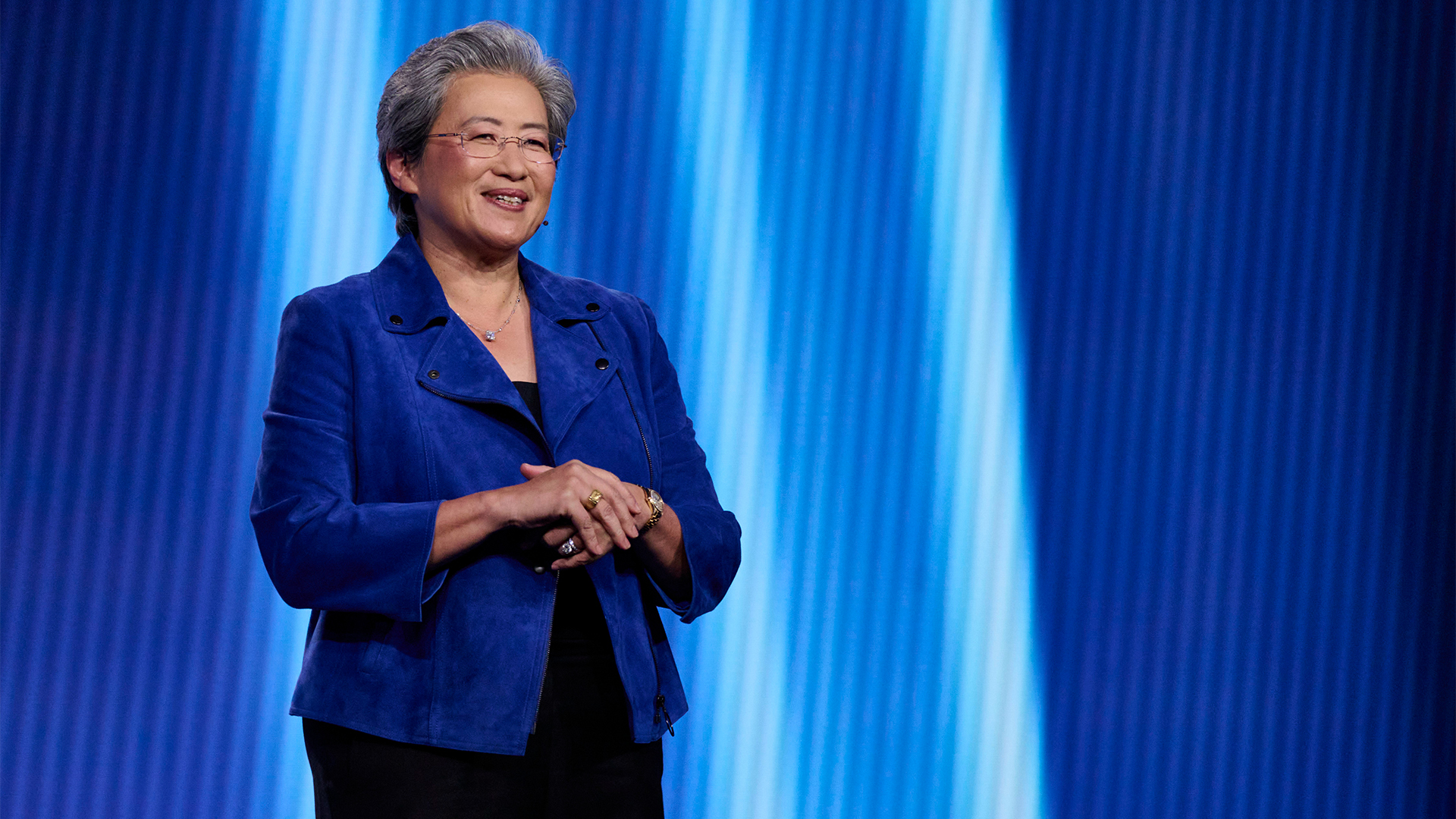 Lisa Su says AI is changing AMD’s hiring strategy
Lisa Su says AI is changing AMD’s hiring strategyNews AMD CEO Lisa Su has revealed AI is directly influencing recruitment practices at the chip maker but, unlike some tech firms, it’s led to increased headcount.
-
 Why a Dell Pro laptop is all you need and more for 2026
Why a Dell Pro laptop is all you need and more for 2026With built-in NPUs and sturdy portability, Dell Pro laptops are a reliable tool for the future of productivity
-
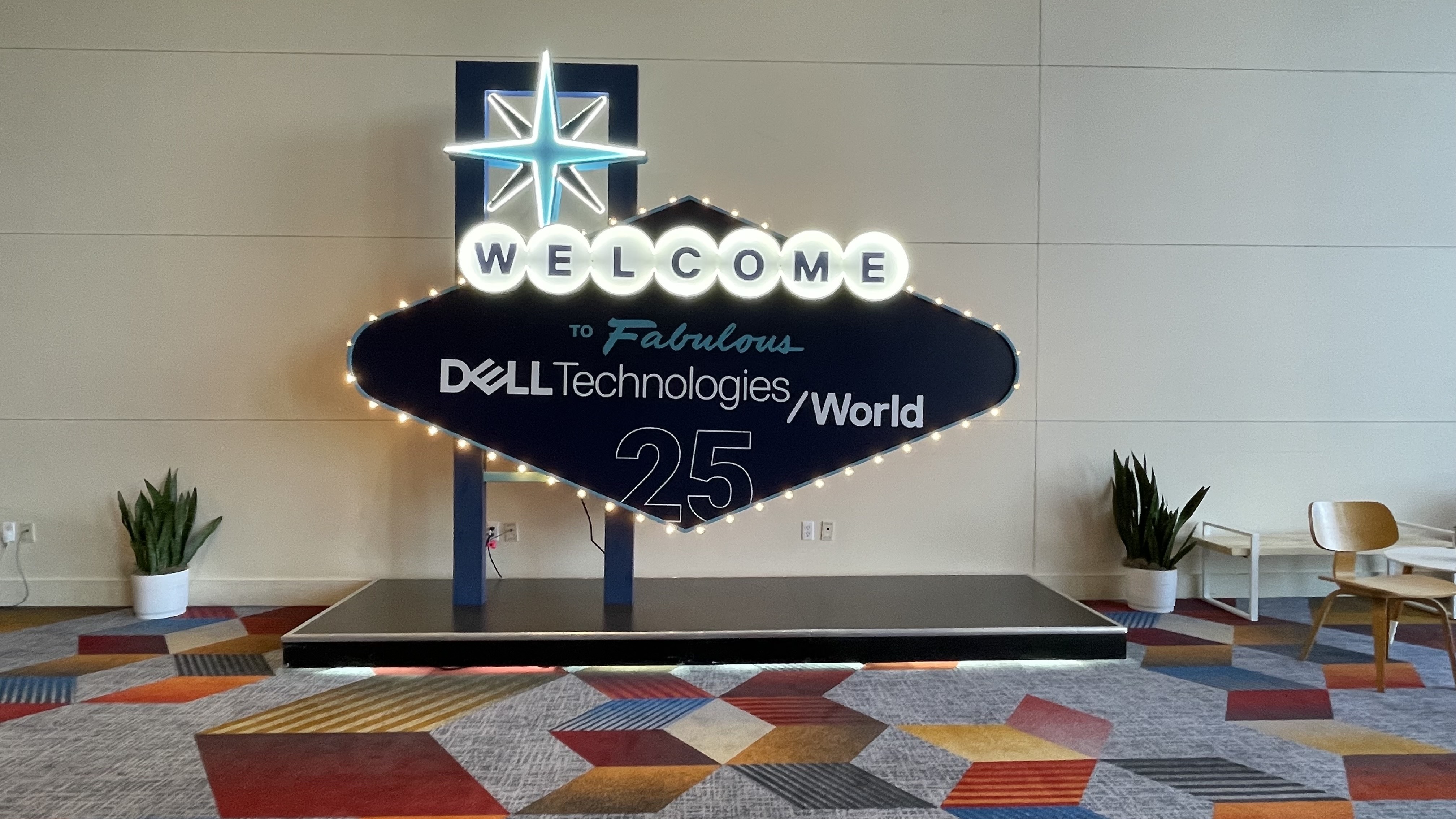 Dell Technologies World 2025 live – all latest news and updates live from the Venetian Conference Center, Las Vegas
Dell Technologies World 2025 live – all latest news and updates live from the Venetian Conference Center, Las VegasKeep up to date with the news and announcements from Day Two of Dell Technologies' annual conference as they happen
-
 Work and innovate everywhere
Work and innovate everywherewhitepaper Protection across AI attack vectors
-
 Help skilled workers succeed with Dell Latitude 7030 and 7230 Rugged Extreme tablets
Help skilled workers succeed with Dell Latitude 7030 and 7230 Rugged Extreme tabletswhitepaper Help skilled workers succeed with Dell Latitude 7030 and 7230 Rugged Extreme tablets
-
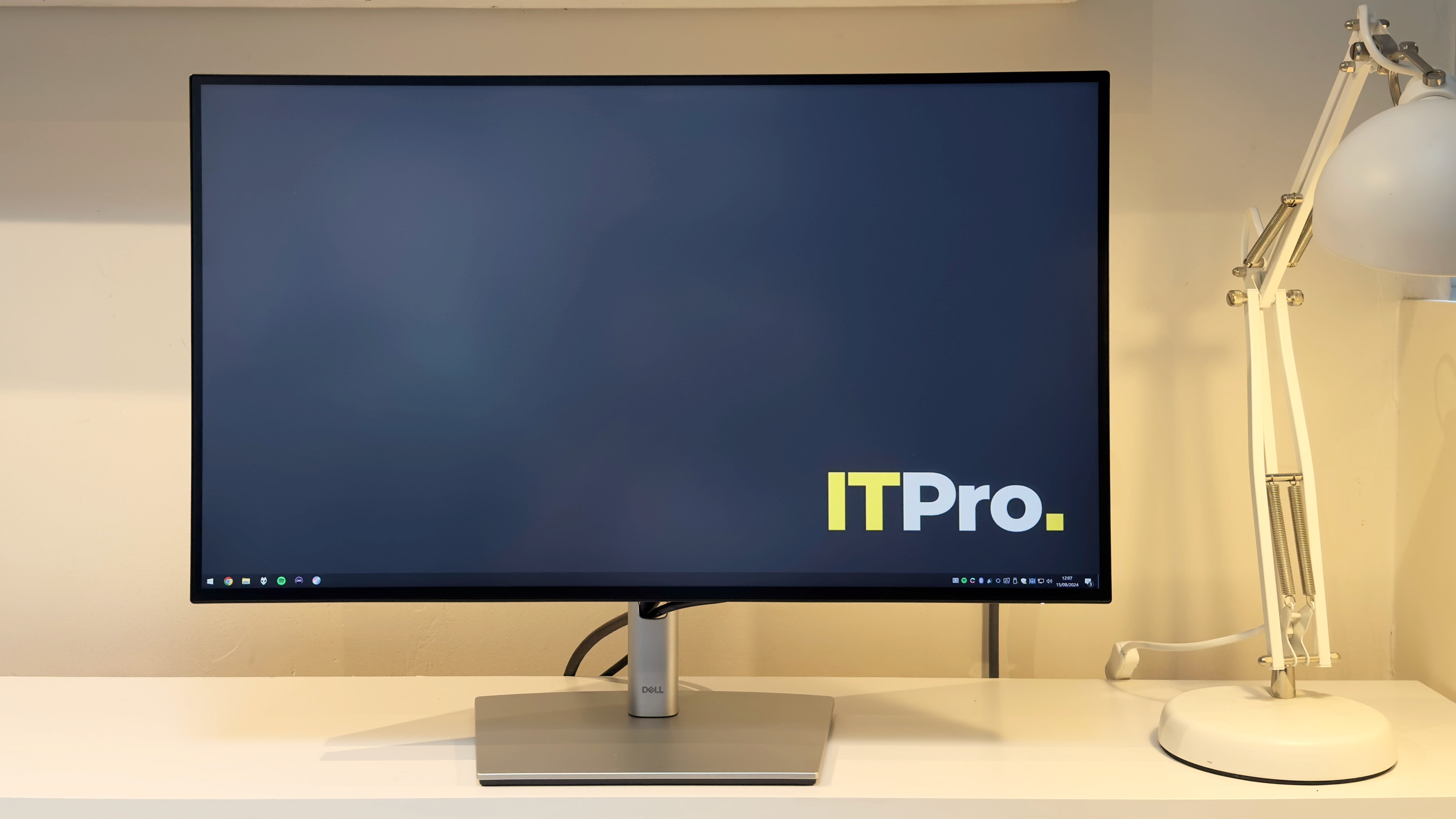
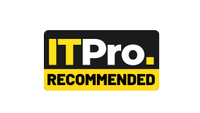 Dell UltraSharp U2723QE monitor review: Feature-packed and 4K – but not quite perfect
Dell UltraSharp U2723QE monitor review: Feature-packed and 4K – but not quite perfectReviews Anyone needing respectable HDR performance or gaming-friendly features such as adaptive sync or high refresh rates should be looking elsewhere, the Dell U2723QE is just not that kind of monitor
-
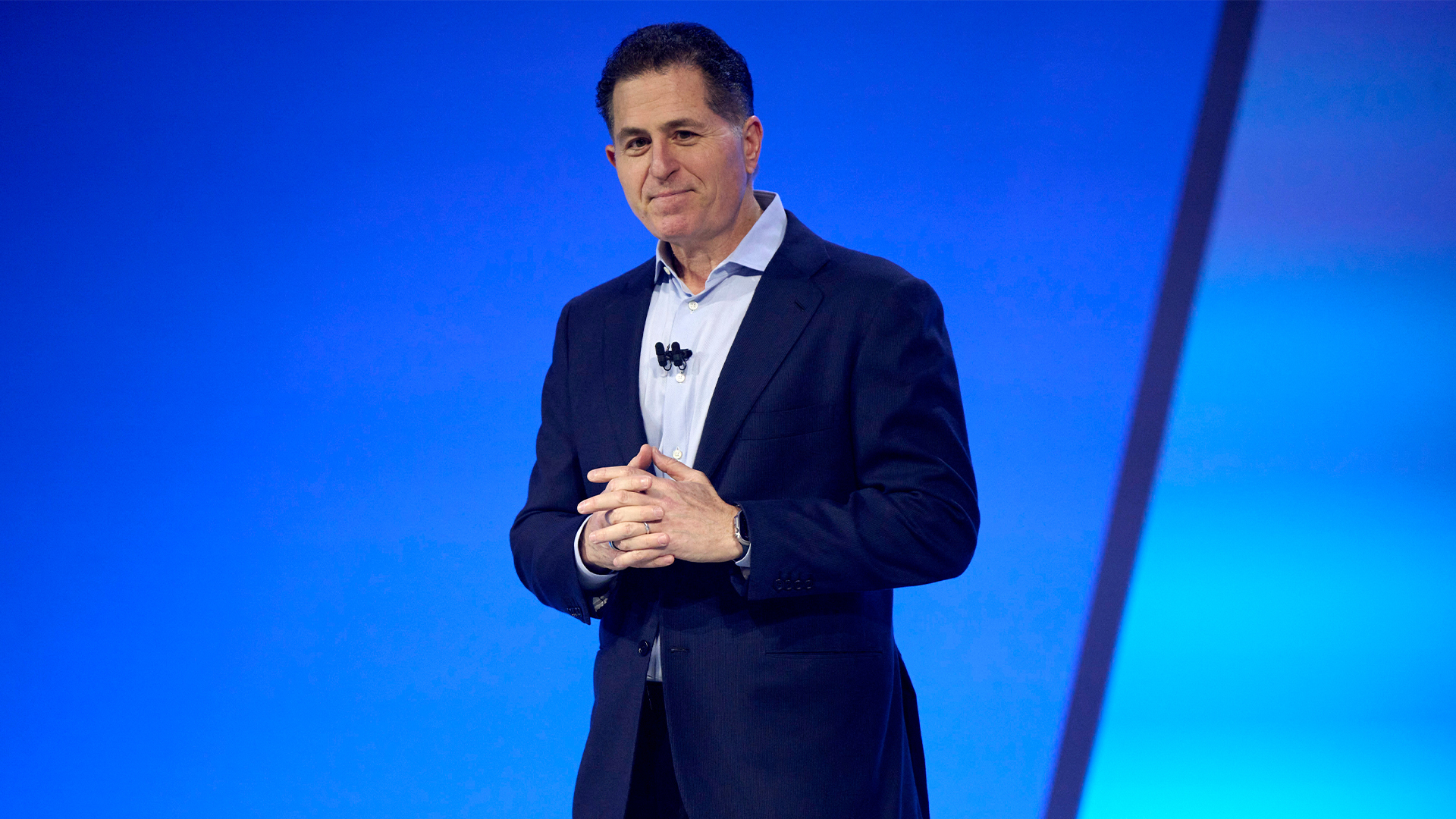 AI is paying dividends for Dell Technologies – booming server sales and rapid networking growth have taken the edge off a rocky period
AI is paying dividends for Dell Technologies – booming server sales and rapid networking growth have taken the edge off a rocky periodNews Despite a troubling period for Dell Technologies, the outlook remains positive amid surging enterprise demand for AI solutions
-
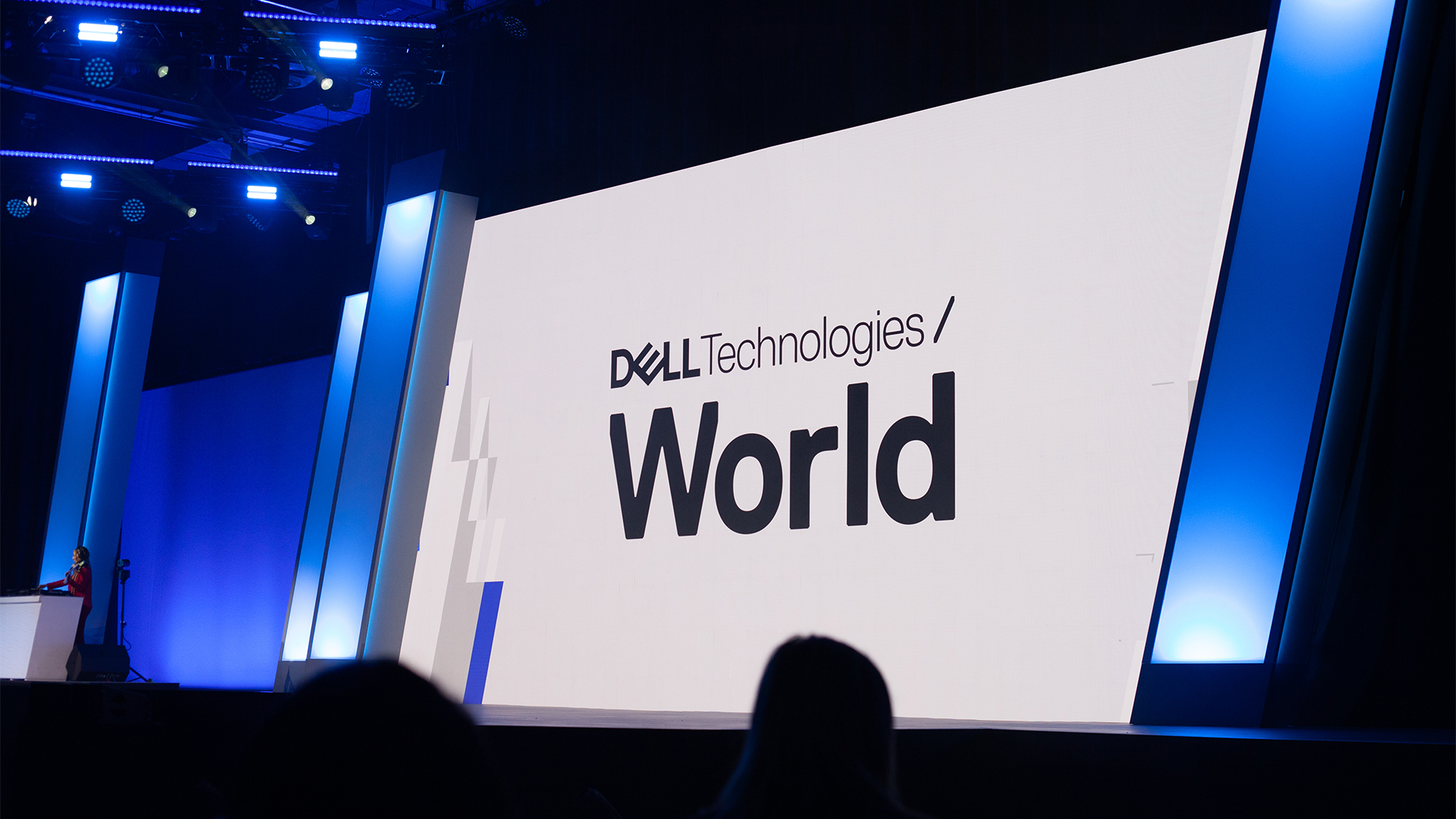 Dell Technologies World 2024 live: All the news and announcements from day-two
Dell Technologies World 2024 live: All the news and announcements from day-twoLive blog It's day-two at Dell Technologies World 2024 and we're live on the ground in Las Vegas - follow our rolling coverage for all the latest news, updates, and announcements
-
 Dell's Spring Sale: The right time to refresh
Dell's Spring Sale: The right time to refreshSave up to 20% off with these limited-time deals on PCs and more

